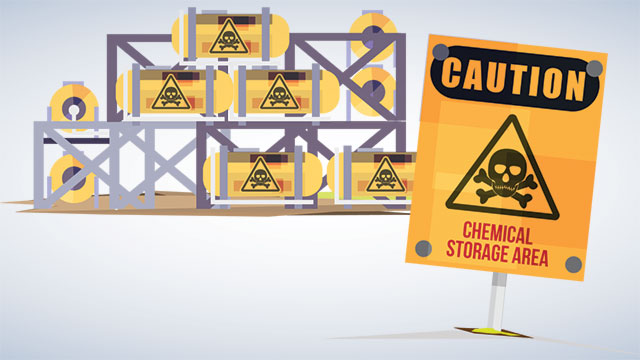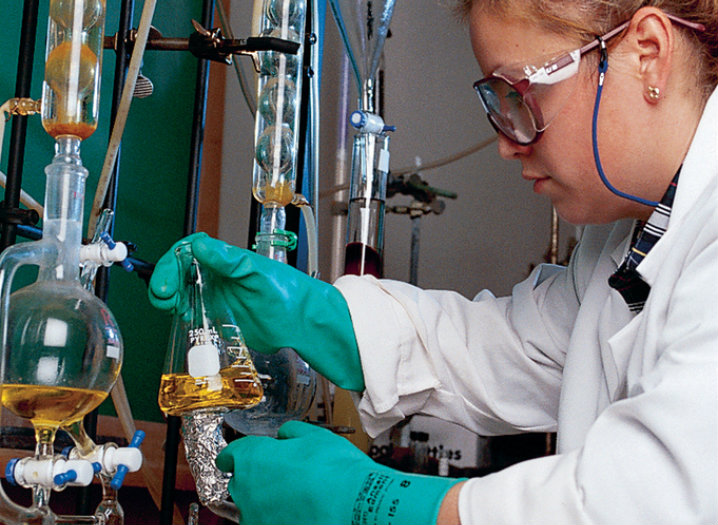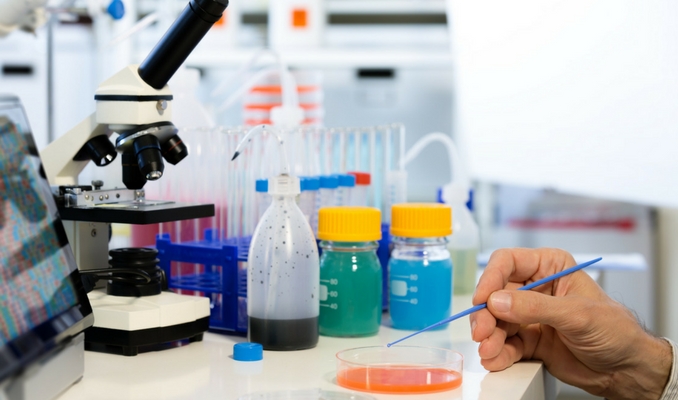

By the end of this course delegates will be able to:
Laboratory technicians & supervisors, Chemists and all laboratory personnel, Chemical Engineers, Laboratory Analysts
This interactive Training will be highly interactive, with opportunities to advance your opinions and ideas and will include;
BTS attendance certificate will be issued to all attendees completing minimum of 80% of the total course duration.
| Code | Date | Venue | Fees | Register |
|---|---|---|---|---|
| LAB152-01 | 07-06-2026 | Cairo | USD 5450 | |
| LAB152-02 | 17-08-2026 | Kuala-Lumpur | USD 5950 | |
| LAB152-03 | 25-10-2026 | Manama | USD 5450 | |
| LAB152-04 | 27-12-2026 | Dubai | USD 5450 |

This course explains safe lab to minimize the risk of spills and chemical exposures. Laboratories involve many chemicals, procedures, and operations that require specific safety precautions. The cours ...

Efficient use of advanced operations and instruments in the chemical laboratory are vital tools to solve any laboratory problem. The course provides basic laboratory analysis methods and troubleshooti ...

Health and safety regulations are increasingly emphasizing the importance of management commitment and employee involvement in managing risks. This course describes practices that laboratories should ...

In this course, you will learn about the requirements employers must meet to ensure a safe laboratory environment for their employees. It also walks you through creating an effective and comprehensive ...

This course introduces participants to the core components of the industrial health ap¬proach to minimizing exposure to harmful hazards upon chemical handling. This course will provide an introduction ...
Providing services with a high quality that are satisfying the requirements
Appling the specifications and legalizations to ensure the quality of service.
Best utilization of resources for continually improving the business activities.
BTS keen to selects highly technical instructors based on professional field experience
Since BTS was established, it considered a training partner for world class oil & gas institution
1st floor, Incubator Buildingو Masdar City, Abu Dhabi, UAE
Sun to Fri 09:00 AM to 06:00 PM
Contact Us anytime!
Request Info